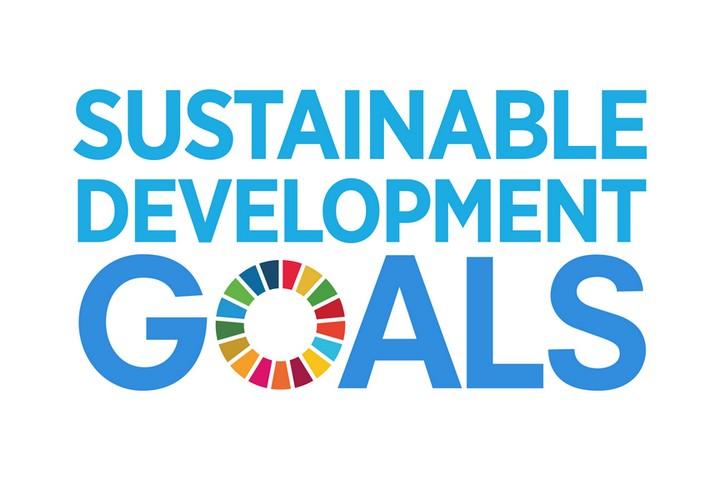Comment le projet CROSSDEV peut-il contribuer aux objectifs de l'Agenda 2030 grâce au tourisme durable?

Contenu disponible uniquement en anglais.
Achieving sustainable development through global cooperation: the 2030 Agenda
When speaking of sustainability, the 2030 Agenda for Sustainable Development cannot be ignored. Adopted by all United Nations Member States in 2015, the Agenda provides a shared plan for peace and prosperity both for the people and the planet, a call for action to all the countries dealing with transversal and urgent issues such as climate change, poverty, low quality of education, youth unemployment and gender inequalities.
The 17 Sustainable Development Goals (SDGs) and the 169 targets at the hearth of the Agenda put together different regions in a global partnership: from Europe to US, the Agenda has been officially adopted by 193 countries.
The SDGs balance the three dimensions of sustainable development and bring along a new global approach: they recognize that ending poverty and deprivation must go hand-in-hand with shared strategies to improve health and education, reduce inequality and boost economic growth preserving the planet for future generations.
How can sustainable tourism meet the goals of the Agenda 2030? The indicators
The role of tourism and culture in sustainable development and their transformative power have been widely recognised over the years and their impacts quantified and assessed in many ways.
In 2016 the European Commission developed the ‘European Tourism Indicators System’ (ETIS): a tool to help European destinations measure their performance in relation to sustainability, while in 2017 the UNWTO offered a new international statistical framework – the MST frame – to measure tourism’s role and expanding the current range of tourism statistics so to include the economic, environmental and social impacts. The “Culture2030 Indicators”, published by UNESCO in 2019, provided another framework of thematic indicators to measure and monitor the progress of culture to the national and local implementation of the SDGs.
It’s a matter of fact: culture and sustainable tourism – a tourism deeply intertwined with culture and highly respectful of local communities, heritage and environment – can have a real impact in fostering fair and equitable growth of countries and the assessment of the outcomes is central to the very process of development. In this perspective the European Commission built its regional development programmes.
The Agenda 2030, adopted and strongly supported by EU, recognises the active role of tourism on inclusive and sustainable economic growth (goal 8), sustainable consumption and production (goal 12) and the sustainable use of oceans and marine resources (goal 14).
![]()
![]()
![]()
![]()
CROSSDEV Project and SDGs: how do we measure our impact?
Following the strong European commitment to the Agenda 2030, the CROSSDEV project aims at achieving different SDGs through cross-border cooperation and a constant assessment of its impacts.
Part of the ENI CBC Med Programme – the largest Cross-Border Cooperation initiative implemented by the EU with 14 countries and 112 territories involved and nearly 198 million people living in the cooperation area – CROSSDEV targets to raise tourism competitiveness and attractiveness of less known Mediterranean destinations and rural areas. It will promote social, cultural and economic development and address environmental challenges (goals 8 and 14), generating effects also on the quality of education (goal 4), the reduction of gender inequalities and the improvement of the general quality of life in the cities (goal 11).
In order to achieve all these goals and make significant long-term impacts on the regions involved in the CROSSDEV project, in this initial stage each partner is studying, analysing, evaluating and meeting local stakeholders to structure future activities in a “responsible” way.
You cannot create sustainable solutions for territories and communities without studying and building a strong relationship with local actors (such as communities, workers, local businesses, local administrations and so on…). They are essential in order to ensure a real, long-term and effective sustainability.
Would you like to keep in touch with CROSSDEV? Follow us on Twitter and Instagram!







